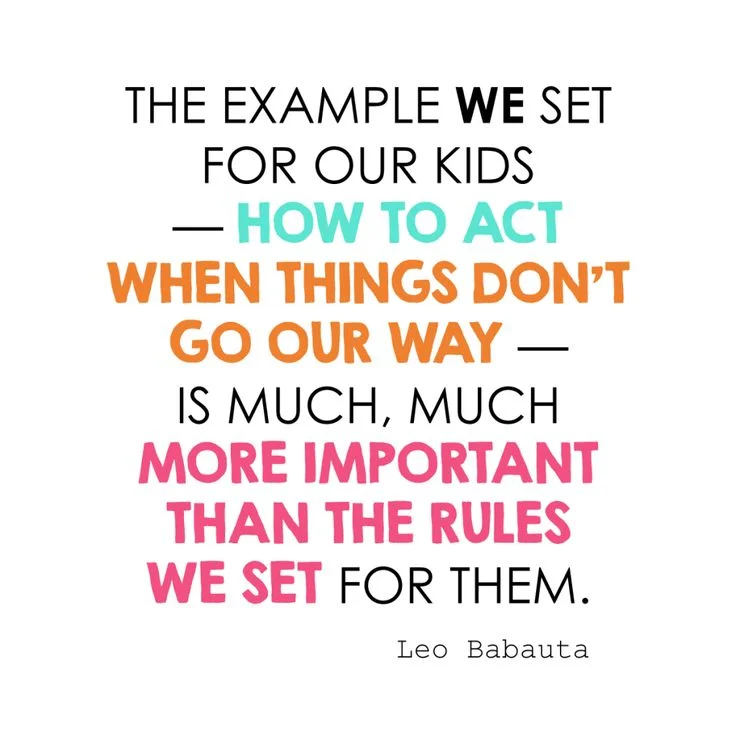As parents we have the rather unfortunate task of having to break difficult news to our children. Whether it’s the death of a loved one, divorce, a move or a serious illness, you may be wondering how do I tell my child?
Right before Thanksgiving in 2017, I found myself in a troubling spot. In late October, I had found a lump on my neck. I waited several weeks thinking it may resolve itself. When it didn’t get better I knew I would need to get it checked out because it definitely looked suspicious.
I had not been feeling well for quite some time and recently began seeing a rheumatologist because I thought I could possibly be developing early onset rheumatoid arthritis. Never in my mind, did I think that the fatigue, joint pain and skin issues I was having could be cancer. That just wasn’t in my realm of possibilities.
But soon having cancer became my reality. As difficult as this news was for me to take, I thought how and what do I tell my three children? Here are some tips that helped me break the difficult news:
Children Can Sense Changes
Children have an uncanny way of knowing when a person or situation is “off”. They can usually sense when mom or dad is stressed, and any change in their typical daily routine usually alerts them that something is up. Whether it’s your body language, or conversations they overheard, children can sense when something has changed. This is why it's important to address the situation and have a conversation with your child. This lets them know they are an important member of the family and gives them the opportunity to express their feelings and ask questions.
Timing
Unfortunately, there is no “right time” to break the news. As much as you’d love to shelter and protect them from them situation, inevitably you will need to address it in some manner. You know your child the best so you know when the best time is to have serious discussions. It’s important to try and avoid having discussions when your child is hungry, tired, stressed or otherwise distracted or there could be interruptions. Depending on your child’s comfort level, it may even be helpful to talk when direct eye contact isn’t required (like during a car ride). Doing so, helps lessen the pressure for your child to respond immediately to the news.
Preparing Yourself
Before speaking with your child, it’s important to take a moment and prepare yourself for possible questions or feelings your child might have. It’s important to also think about the feelings that may arise for you during the conversation. While you may anticipate your child being very emotional and asking lots of questions, they may remain quiet and have very little response. Reassure them that if they have questions or want to talk more they can.
Choosing Your Words
It’s important to speak to your child in a calm voice. Use simple and clear words that simply state the facts. Use appropriate words to describe your situation so that your child will have the language they need to understand what is happening and ask questions. Children’s books on change, illness or loss can be wonderful tools to help your child cope with the news.
Staying Present
Even when communication may be difficult, parents can help create a more comforting and safe environment just by remaining close by. Whether it’s sitting and reading quietly together, or just being in the same room, your physical presence helps strengthen your bond by reassuring your child that you are there for them.
Breaking the news is one thing. But it’s your behavior afterwards that truly matters. It’s important to lead by example and demonstrate healthy coping behaviors like self-care. Show your child that you are in control of your emotions, but that it is okay to show your feelings if you are feeling upset about the news or situation. It’s important to validate your child’s feelings, as well as your own, and let them know that is a typical reaction in response to bad news.
As parents, we want to be protectors of our children. We want to preserve life’s happy moments and have trouble seeing our children in distress or dealing with strong emotions. While we might see it as our job to avoid the topic to make the hurt go away, we can be more helpful in the long run by providing our children with emotional support and a listening ear.
Sources:
“What do I tell the kids?” Cancer Support Community

